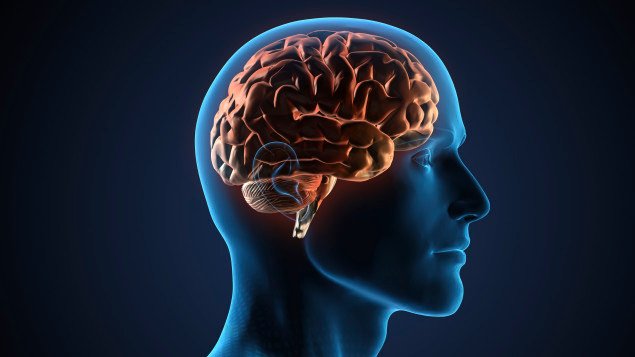
After studying the brain activity of dying people, a team of neurologists explains exactly what happens in the brain just before it dies.
The death. This great unknown that scares a lot of people, becomes more and more precise thanks to science. In general, death is thought to happen when the heart stops beating, but sometimes the brain takes longer to die. A new study conducted by a team of neuroscientists at Berlin's Charité-Universiätsmedizin has just discovered what is happening just before the brain stops functioning.
A last boost of energy to tap into reserves
To arrive at this conclusion, the researchers studied the brain activity of nine patients dying, following a stroke, who stated that they did not wish to be resuscitated. Thanks to electrodes implanted in their brain, the researchers realized that it could still work for up to 5 minutes after the rest of the body was turned off.
By the time the brain is about to die, scientists have seen a kind of last boost of energy from neurons before dying out completely. "When the flow of blood stops, the brain is deprived of the oxygen it needs to function," says Dr. Jens Dreier author of the study in his report. They then found an electrical activity testifying that the brain cells draw one last time in their energy reserves and when they have used it they go out. This phenomenon is called depolarization. "From there, the countdown to the death of the brain begins, but for how long it is a question that remains unanswered."
No way to declare brain death yet
"We do not have a method of declaring brain death because we do not know when consciousness stops," says Dr. Jed Hartings of the Universities of Cincinnati's College of Medicine, a participant in the program. study for Newsweek media. Although this study does not directly influence end-of-life care, it could lead to the development of new processes to intervene in the management of heart attacks or strokes in order to know how to revive the circulation of blood.